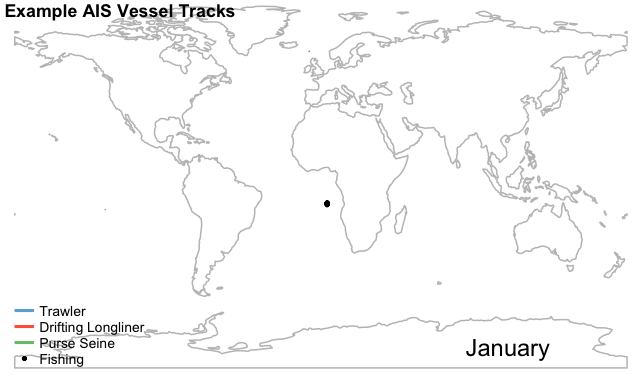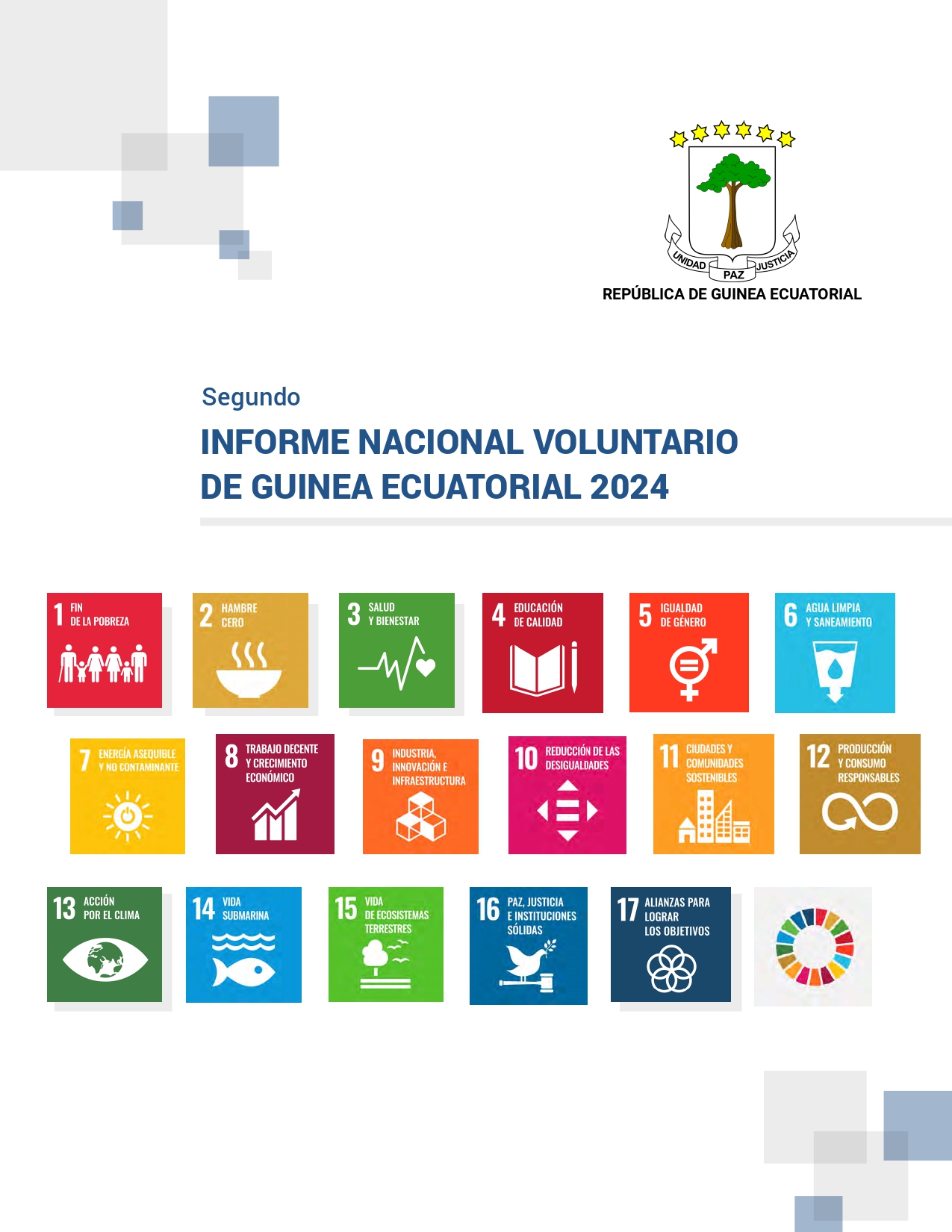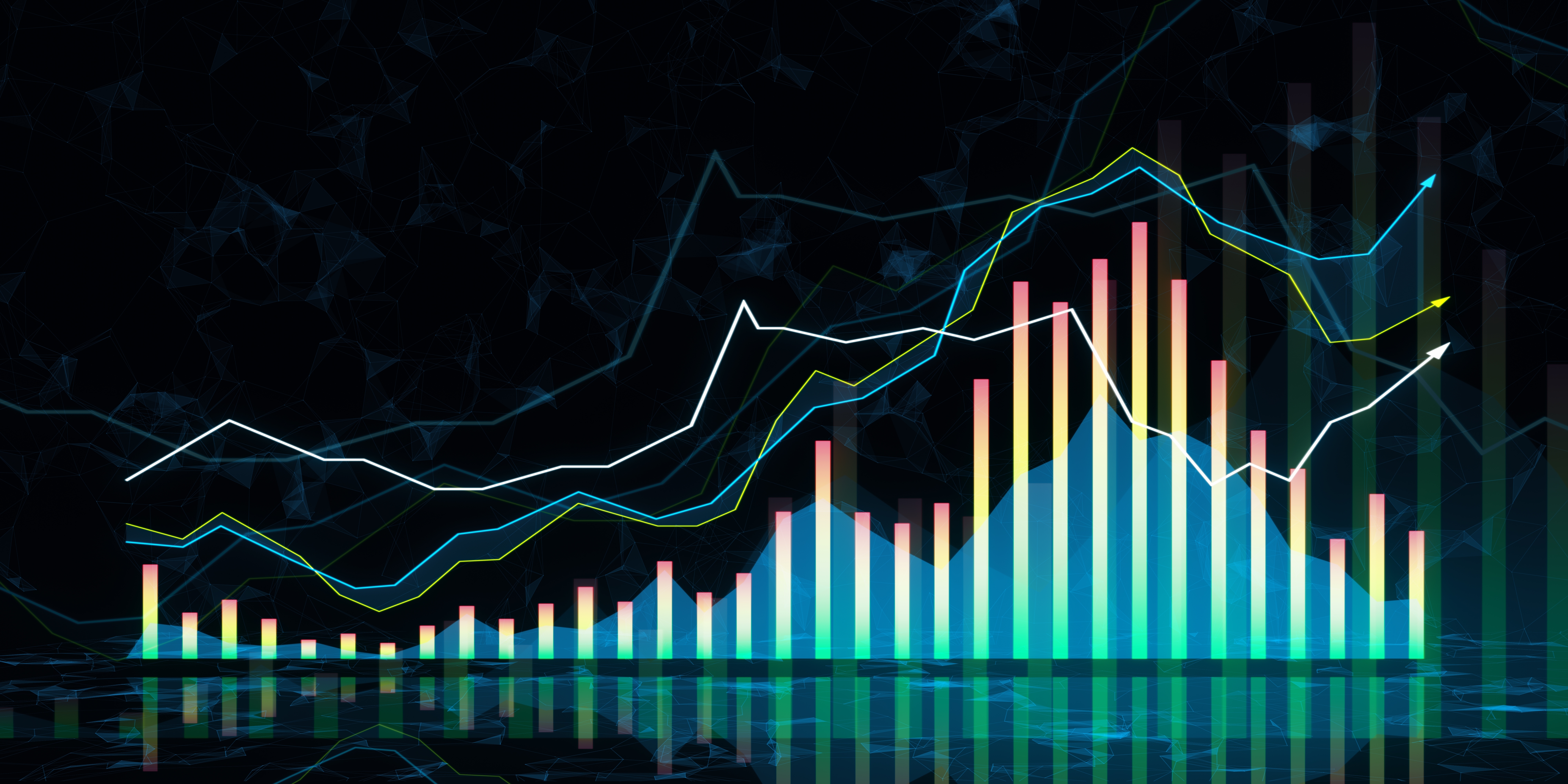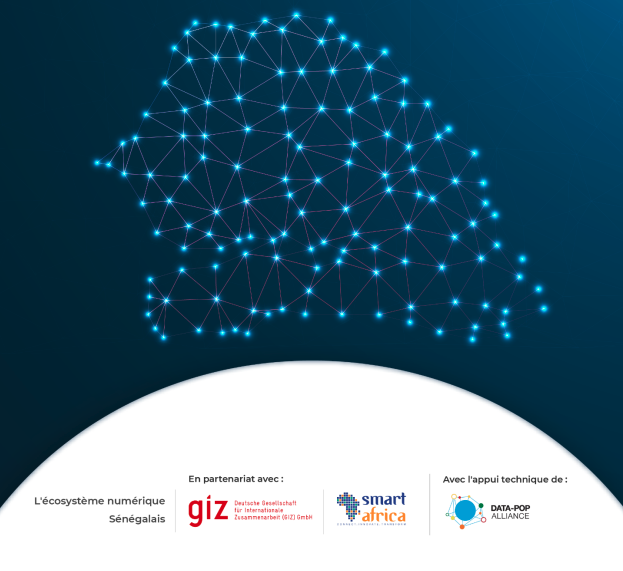LINKS WE LIKE #20

Climate change and the looming threats to humankind it forecasts have headlined major news sources for a couple of weeks now. As the greatest menace to human kind, its effects are not only imminent, but ever more present with the recurrence of natural disasters, alarms of rising sea levels and faltering ecosystems. Though much is yet to be done in terms of widespread global action, many solutions have the potential to mitigate the disruptions of environmental phenomena.
It is no surprise that artificial Intelligence and Big Data are at the forefront of this debate. As David Rolnick, leading expert in the field emphasizes, “AI is not a silver bullet“, but rather an area worth exploring due to the array of new applications and techniques that can contribute to measure, reduce and adapt to the effects and impacts caused by climate change
In this week’s LWL, we feature the direction where research on climate change and big data is heading; the domains in which machine learning can help drive energy efficiency, and some of the obstacles preventing the wide-spread escalation of these projects.
This event took place as part of the Herrenhausen Conference in Hanover, Germany, initiated by the Volkswagen Foundation. It sought to bring attention to the “relations between climate extremes and the Sustainable Development Goals”. Emmanuel Letouzé, our Director and co-founder, was a keynote speaker at the conference, discussing how big data can help to monitor hazards, assess exposure and vulnerability of populations; as well as guide disaster response, assess the resilience of natural systems, and engage communities. Visit our Climate Resilience & Livelihoods page to find out more about our research-related projects.
Leading experts have been working together to identify the key areas in which AI and machine learning could have or are having the most impact in driving energy efficiency –an imperative if we are to avoid reaching the 2 degree Celsius limit of warming global temperatures. Predictions for energy requirements and extreme weather events; discovering and creating low-carbon materials; lowering barriers to electric-vehicle adoption; investing in greener transportation; reducing waste-energy from buildings; making precision agriculture possible at scale and monitoring agricultural emissions; improving deforestation tracking, and nudging consumers to reduce their carbon footprint are some of the projects that researchers believe, will lead to high-impact outcomes in the short team. For the full version of the report, click here.
The Oil Spill in Brazil
The Amazon fire is not the only crisis looming in Brazil. Many are unaware of the oil spillage crisis that took place last month, which continues to affect more than a hundred beaches in nine different states of the country. Interestingly, the oil spills seems to be the most recent emergency call for using AI technology and machine learning to lessen the environmental impact of the oil industry. AI can be used to increase surveillance of large infrastructures and operations, particularly for maintenance and prevention purposes, by incorporating drones and video surveillance technology. More critically, it can help us discern the tipping point in the chain of events leading to an oil spill. The latter, is crucial in order to manage and halt this kind of crisis, according to Talal Husseini. However, such actions are usually time-consuming and expensive, as has been the case for Brazil: “tests had proved crude oil was produced in Venezuela, but officials had not been able to identify the vessel responsible for the leak”, declared the President of Ibama, the national environmental agency.
One of the initiatives sharing data globally for wildlife protection, is the Global Fishing Watch (GFW), an independent, international non-profit organization using “cutting cutting-edge technology to visualize, track and share data about global fishing activity in near real-time” (explore map here). Despite the vessels being obliged to emit a large amount of data, which is picked up by satellites every minute, it wasn’t until four years ago that the tracking of suspicious fishing vessels became a working project. Even more interesting is the fact that any government –anyone, really– is able to access it and act however they see fit: “Enforcement is up to the country”, says Bjorn Bergman, GFW regional manager for Central and South America.
The organization applies machine learning to analyze data gathered from several sources (amounting to more than 60 million points of information daily), allowing them to identify 12 types of vessels and to isolate them based on their movements. But their goal is broader: The GFW seeks to help prevent human rights abuses, including modern slavery, human and drugs trafficking, corruption and money laundering, all crimes linked to ilegal, unreported and unregulated (IUU) fishing.
Graph below provided by The Conversation, based on GFW data.
The article features a fascinating project leveraging audio-based artificial intelligence to monitor and fight deforestation. This cheap and innovative technology relies on old cell phones (placed at treetops), solar panels and audio data to distinguish any “telltale audio signatures of illegal activity” (eg. chainsaws). Rural communities in Indonesia, Peru and Ecuador have turned to this creative solution pushed forward by Rainforest Connection, a nonprofit group in California. Of course, the existence of the device doesn’t necessarily equate prosecution of the criminals or an end to deforestation. In that sense, Mr. White, the inventor, poses that “The question is whether this technology can reach a point where it can fly on its own and be useful on its own”.
Further Afield
Dive deeper into Big Data, AI & Climate Change:
- What’s really driving corporate climate action?
- Big Data, Big Voids: What’s Missing In the Massive Conversation On Climate
- How to respond to climate change, if you are an algorithm
- Rich Counties Get More Help to Escape Climate Risk, New Data Show
- If we want to solve climate change, water governance is our blueprint
Other projects using big data to protect wildlife
Interested in learning more?
Sign up for our newsletter here.




